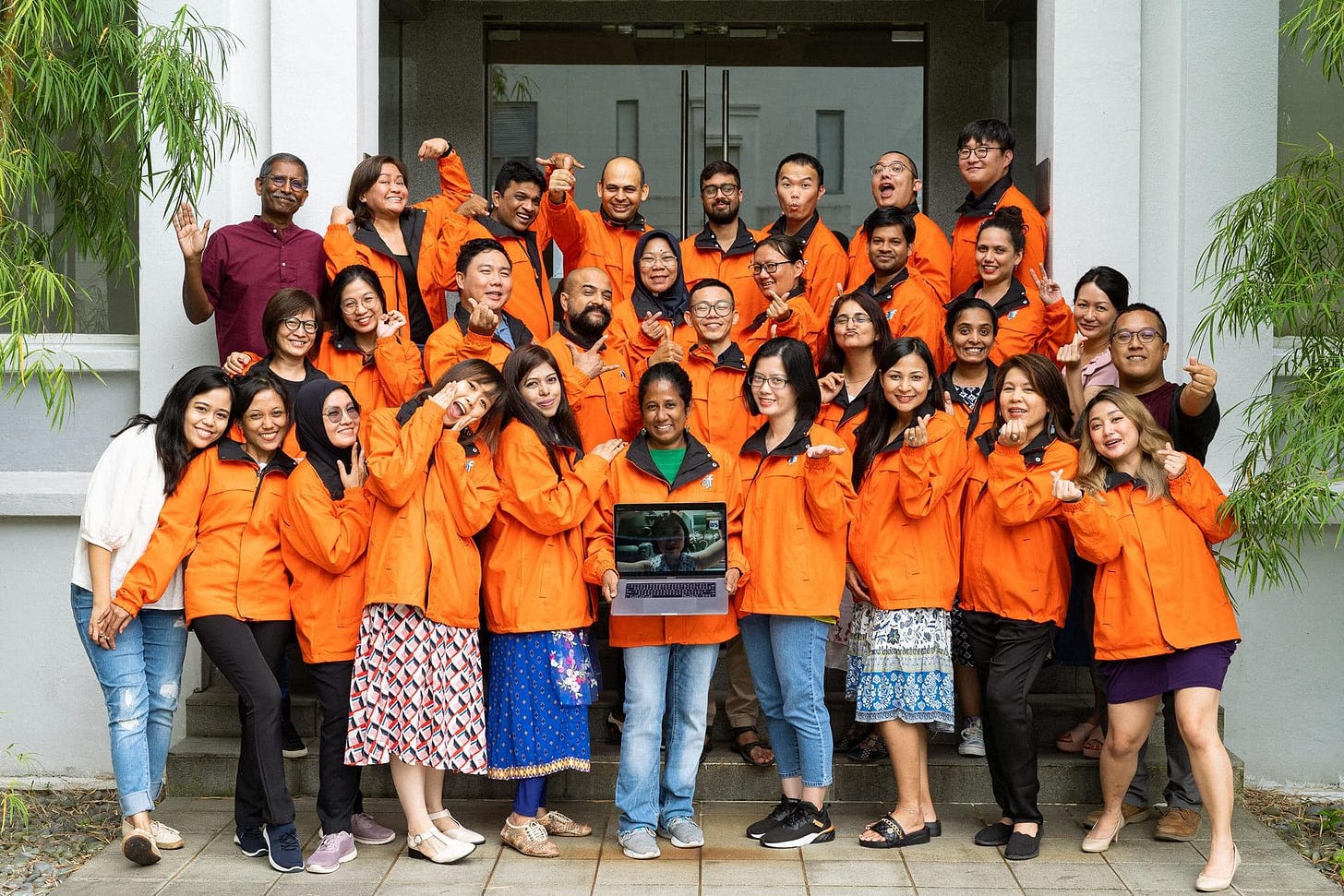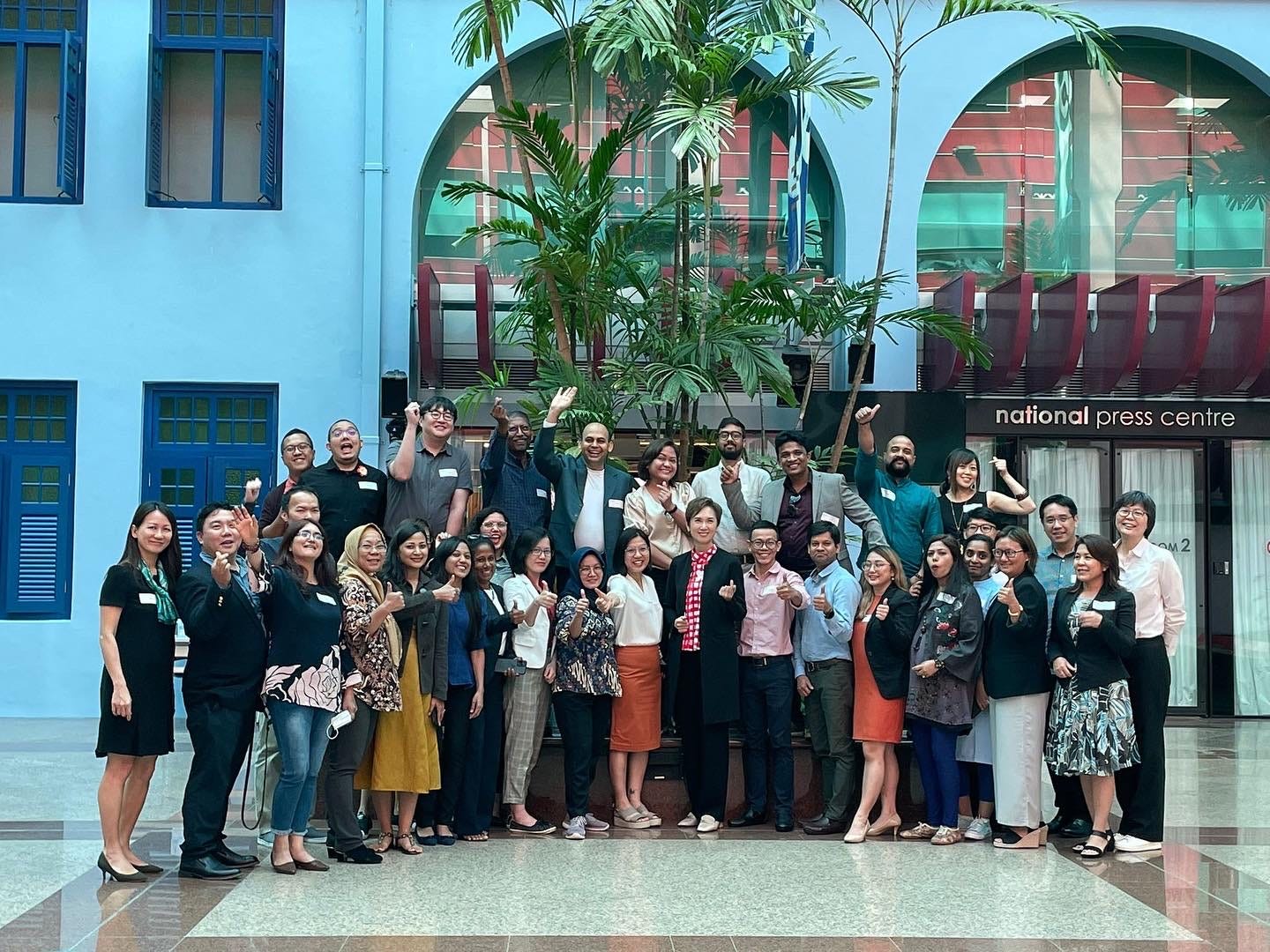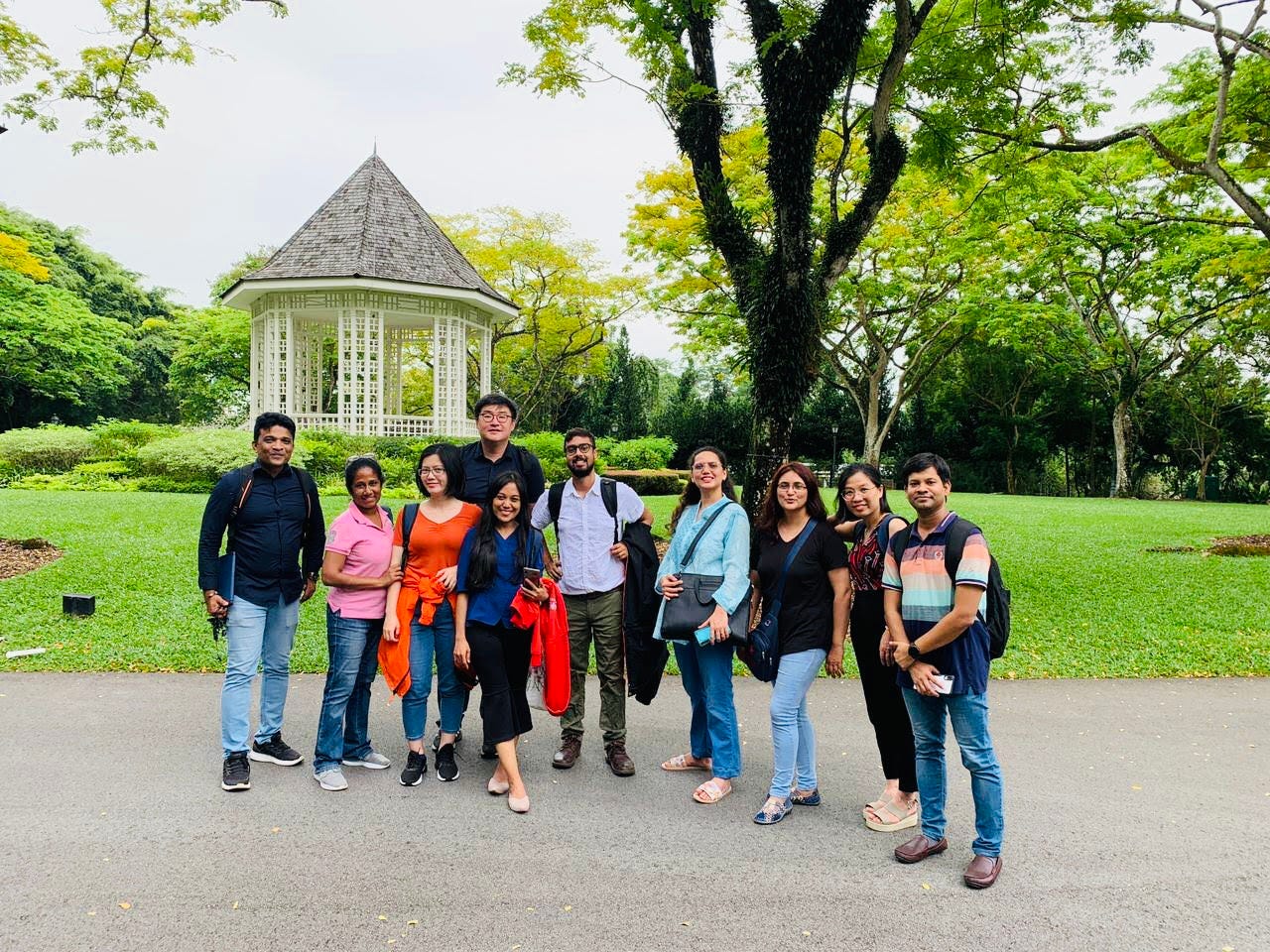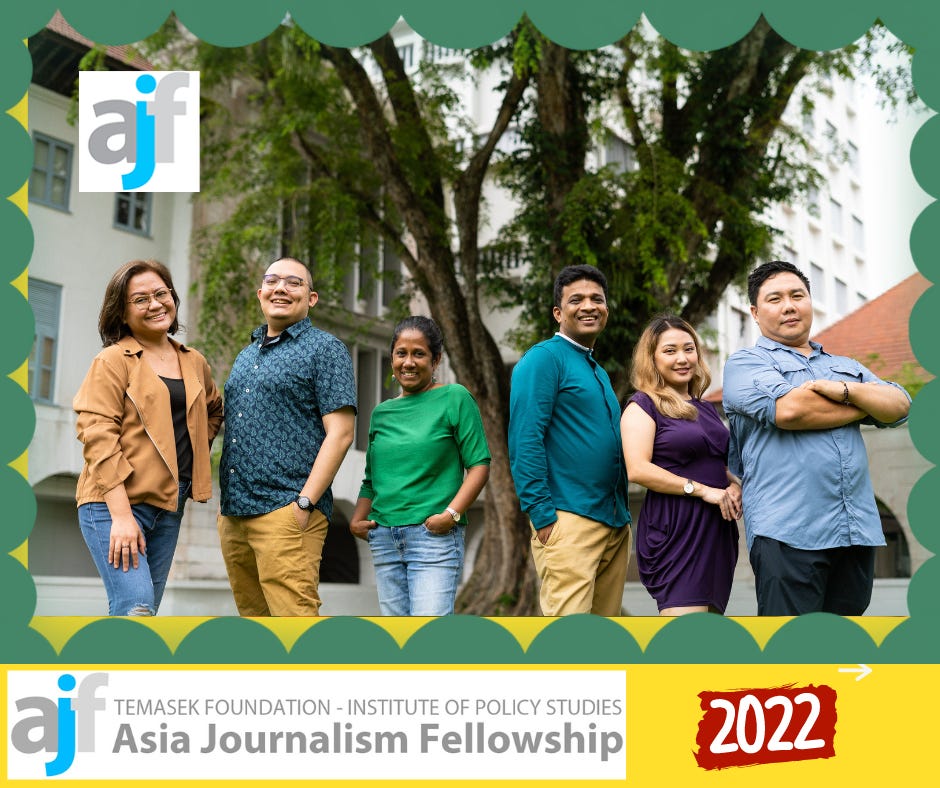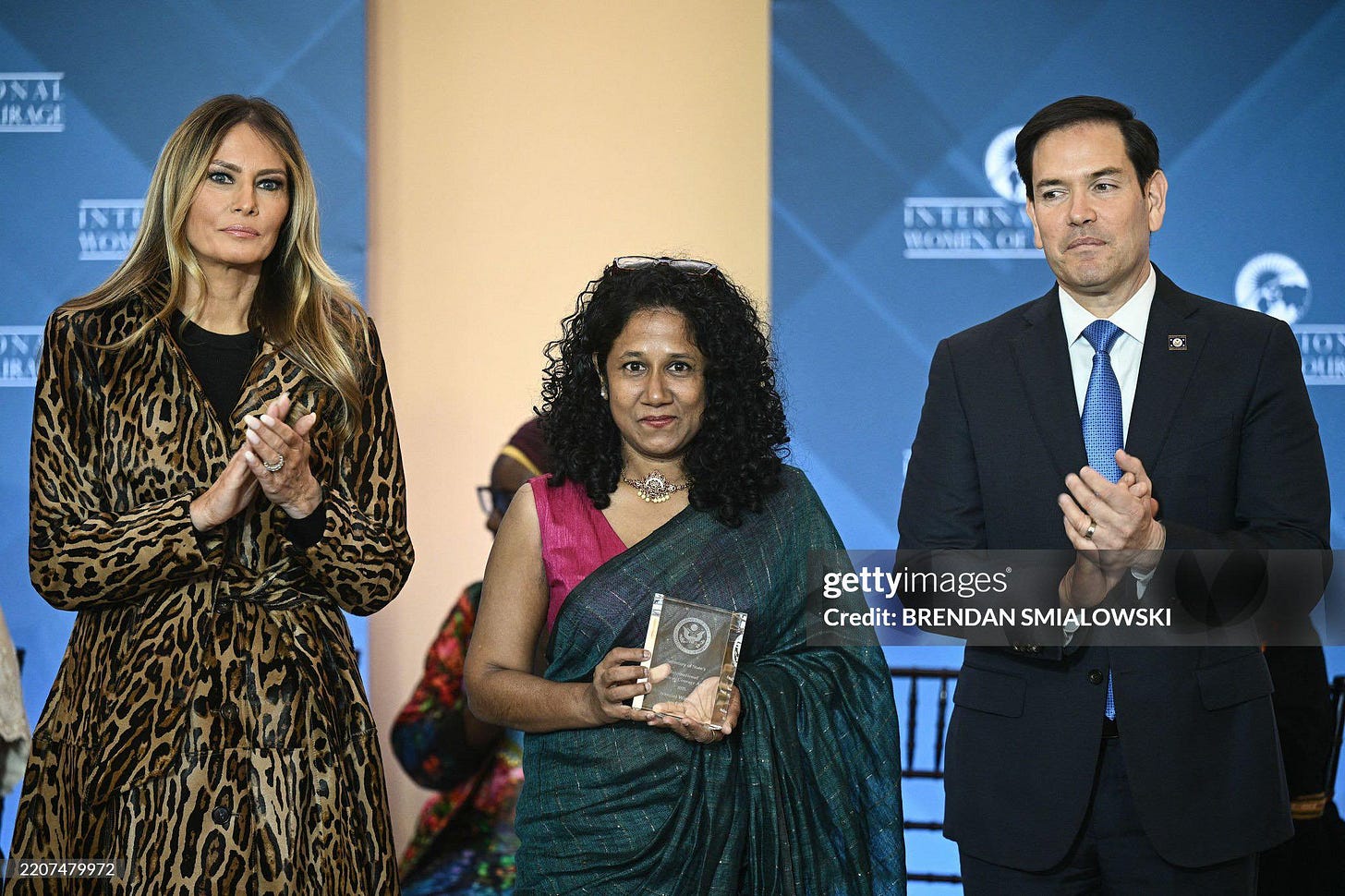
By Arun Arokianathan
When I heard that Namini Wijedasa had received the U.S. Secretary of State’s International Women of Courage Award on April 1st at the State Department in Washington, D.C., a profound sense of joy washed over me. There’s something deeply satisfying about witnessing recognition bestowed upon those who truly deserve it—especially a senior Sri Lankan journalist whose work has consistently demonstrated such remarkable courage and integrity. The news didn’t just make me happy; it reaffirmed my faith in the occasional justice of this world, where sometimes, just sometimes, honour finds its rightful home.
Speaking Truth to Power
“I ask with abundant fondness and genuine curiosity: What do you know about finance and economy?”
This question, publicly posed by Namini Wijedasa on Facebook in May 2017 when Mangala Samaraweera was appointed Finance Minister, exemplifies the fearless spirit that has defined her career. In a country like Sri Lanka, challenging powerful figures requires immense courage and professional stature. Yet on this occasion, the typically media-friendly Samaraweera responded thoughtfully: “Dear Namini – I did not know much about telecommunications either when I first became a Minister in 1994 but I believe I managed to make a difference. I am sure I could do better than MR as FM for nine long years!? Wish me well. With abundance of fondness.”
Speaking truth to power isn’t just a journalistic ideal for Namini—it’s embodied in her entire body of work. To be frank, Namini is not a friend of mine. She entered journalism five years before I did. But I’ve always admired her work, especially her relentless exposure of corruption through investigative journalism.
A Woman’s Journey in a Man’s World
In Sri Lanka’s male-dominated media landscape, choosing journalism itself represents a significant step for a woman. But choosing investigative journalism—particularly investigating powerful leaders and government officials—is extraordinary. For over three decades, Namini has fearlessly pursued stories that others wouldn’t dare touch, beginning her career in 1994 at The Island where she took her first steps as a cub reporter fresh out of school.
As her husband, Champika Fernando, shares: “For twenty-three years, I have had the privilege of witnessing greatness unfold in the quiet moments of our shared life. When the world sees Namini Wijedasa, they see the byline beneath searing exposés, the journalist who makes the powerful tremble. What they don’t see is the woman who stays up until dawn cross-referencing facts, who answers midnight calls from sources despite exhaustion etched in the lines around her eyes.”
Over time, her focus shifted toward exposing governmental corruption and abuse of power. Despite Sri Lanka’s restrictive legislation that often stifles press freedom, Namini has consistently championed transparency and good governance. Her work fosters crucial dialogue on economic reform and reconciliation while inspiring young journalists to pursue impactful storytelling.
A Career Marked by Recognition
Namini’s journalism has earned her numerous prestigious accolades throughout her career. In 2005, she was awarded the Lorenzo Natali Grand Prize, competing against 1,000 journalists worldwide—an extraordinary achievement that recognized her exceptional reporting quality long before her international profile reached current heights.
In 2009, she received the Mervyn de Silva Journalist of the Year Award, named after one of Sri Lanka’s most distinguished journalists and intellectuals. This recognition from her peers within the Sri Lankan media community highlights the respect she commands within the country’s journalism circles.
The D.R. Wijewardene Award, which she won twice—in 2006 and again in 2016—for earning public and peer appreciation, further cements her status as one of Sri Lanka’s most respected journalists. Named after the founder of Lake House newspapers, this award recognizes journalists who exemplify the highest standards of the profession.
Her consistent recognition as an investigative journalist of the year across multiple platforms and organizations speaks to the sustained excellence and impact of her work. These national awards, combined with her international recognition, paint a picture of a journalist whose influence transcends boundaries.
The Award: Recognition of Relentless Pursuit
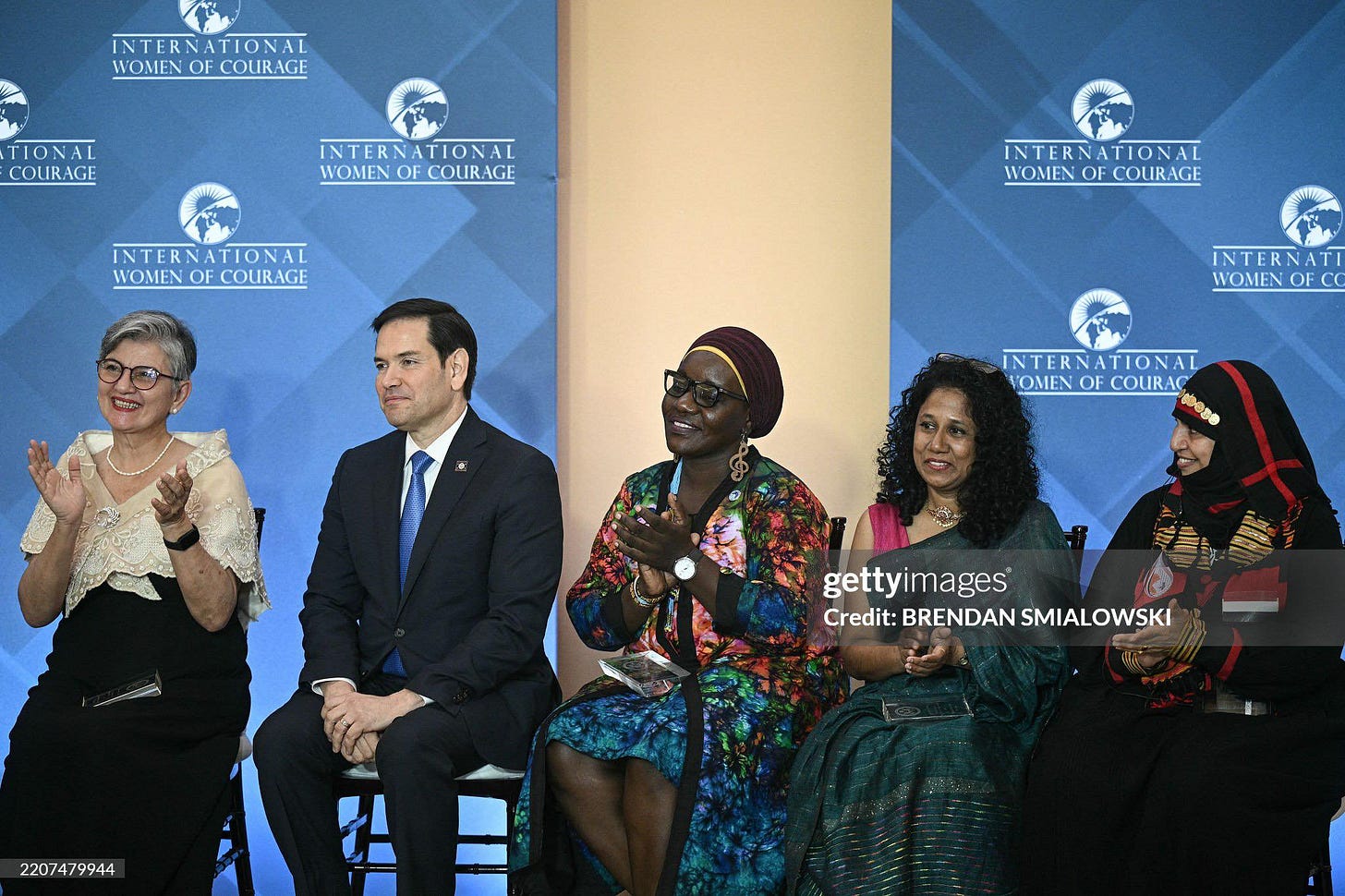
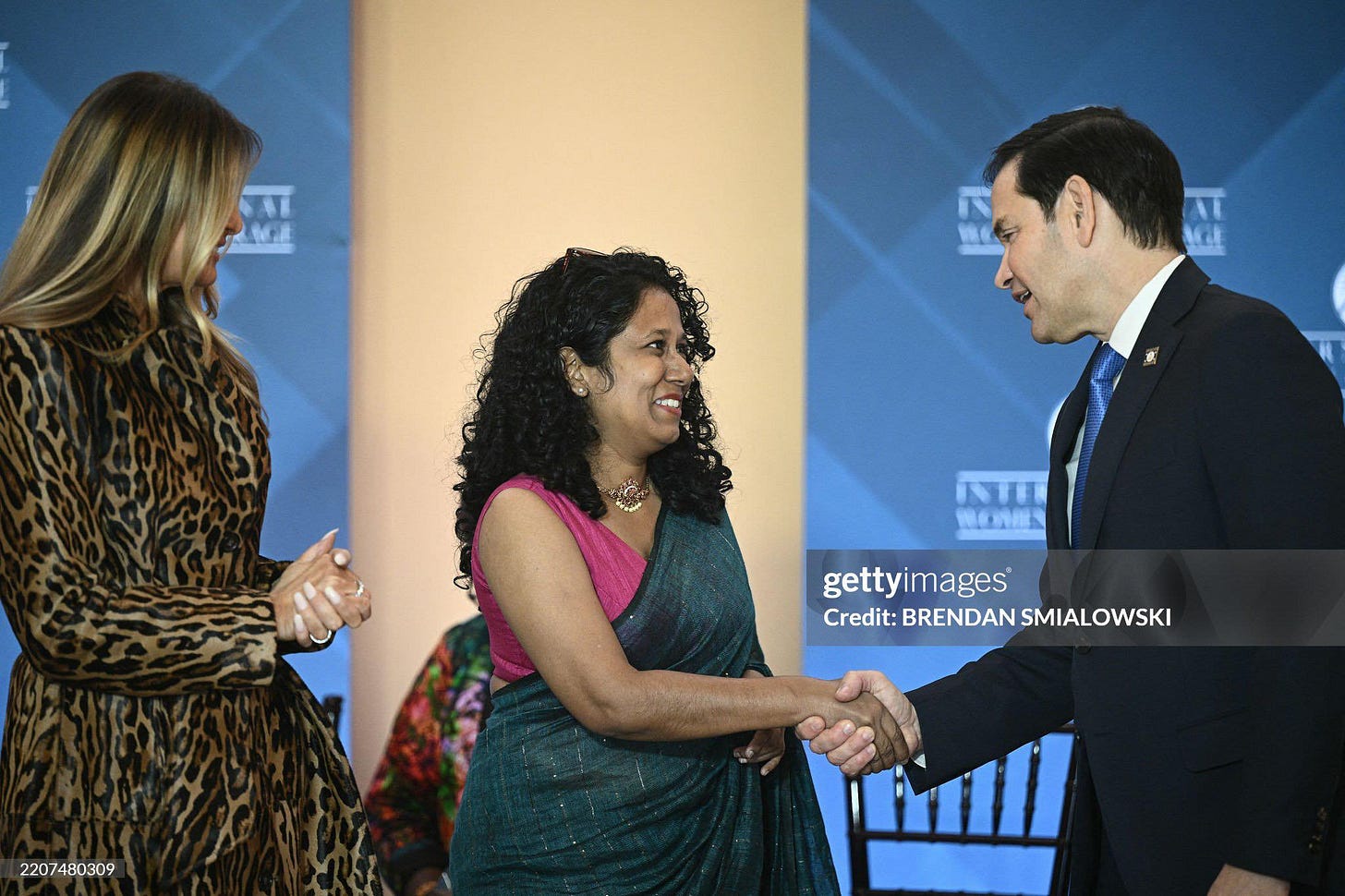
The International Women of Courage Award, established in 2007 by the U.S. Department of State, honours women worldwide who have demonstrated exceptional courage, strength, and leadership, often at significant personal risk and sacrifice. It recognizes contributions to promoting peace, justice, human rights, and gender equality.
Among the eight women honoured in 2025, Namini stands out as the investigative journalist combating corruption in Sri Lanka. This global recognition highlights achievements of women from diverse backgrounds who confront injustice, advocate for human rights, and promote democratic governance.
The award serves multiple purposes: amplifying voices of courageous women, inspiring others toward social change, underscoring the importance of women’s leadership, and reinforcing commitment to gender equality worldwide.
From Personal Experience: Witnessing Courage in Action
In 2022, I had the privilege of collaborating with Namini and witnessing her amazing work firsthand when we both contributed to the investigative documentary “Profiting from the Pandemic” for Australian Broadcasting Corporation’s flagship current affairs program “Four Corners.”
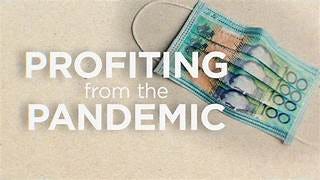
The Sri Lankan segment of the documentary focused on the involvement of a high-profile Colombo businessman in secret payments made by winners of a lucrative contract to build a hospital in Hambantota, and his close dealings with the ruling Rajapaksa family. This documentary wasn’t produced after the Rajapaksas were removed from power—it was created when they held absolute power in Sri Lanka.
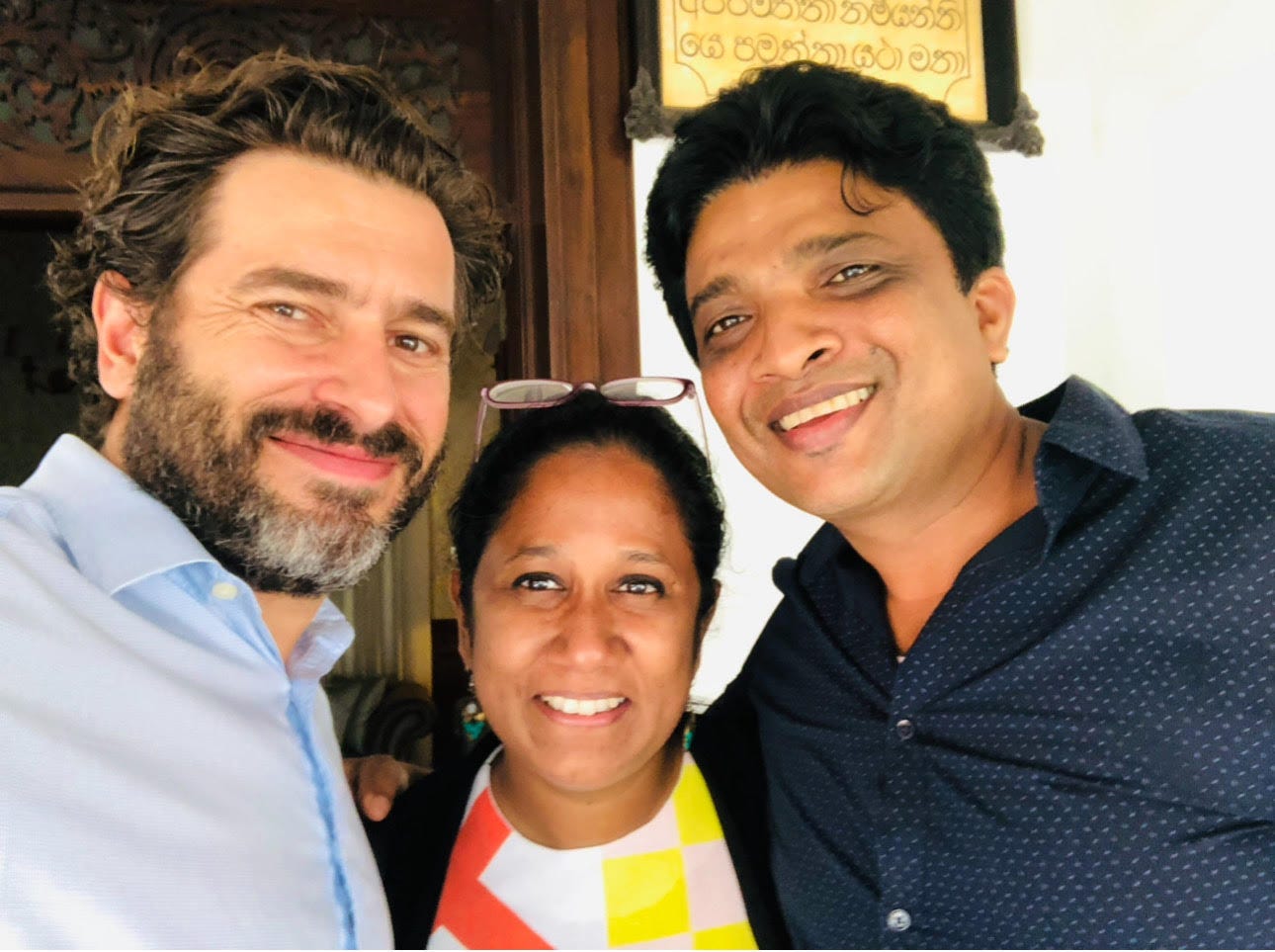
This represents just one instance of Namini’s extraordinary contributions. Imagine doing research and digging day in and day out to expose corruption in a country where the majority of people and politicians don’t condemn when their military or rulers are accused as war criminals—a country where journalists like Lasantha Wickramatunga have been killed for exposing corruption.
During the documentary shoot, I witnessed an incident that illustrated the gravity of our work. Former President Maithripala Sirisena had agreed to an interview to share his perspective about the subject matter and people involved, but he cowardly backtracked after inviting us to his house at Paget Road. What can we expect from someone who repeatedly avoided revealing the truth about the Easter bombings after telling media he knew who was behind it?
Those few days working alongside Namini and Australian Broadcasting Corporation investigative journalist Linton Besser taught me invaluable lessons. Later, during the Asia Journalism Fellowship in Singapore in September 2022, I had the opportunity to know Namini more closely. Over those two weeks, we traveled, talked, and jointly presented on Sri Lanka’s economic crisis, which deepened my appreciation for her work.
The Personal Sacrifice
Behind Namini’s professional excellence lies personal sacrifice that few recognize. As her husband poignantly notes: “Each investigation completed, each corruption scheme exposed, has exacted its toll on our family life. There have been missed celebrations, interrupted holidays, and countless sleepless nights.”
Perhaps most telling is her commitment to Sri Lanka itself. “Many times, I have tried to persuade her to leave in search of greener pastures for our young family,” her husband reveals, “but Namini has flatly refused, saying, ‘I want to do what I do.’ This wasn’t naive patriotism but a deeply considered position. She understood precisely what she was declining—easier working conditions, better pay, enhanced safety, perhaps even more prestigious platforms. Yet she chose to remain because she believed that journalism’s highest purpose is to serve the community in which it is practiced.”
Building a Legacy Beyond Awards
When Chevening SAJP applications were announced, I encouraged Namini to apply. She mentioned someone at The Economist had also urged her but she wasn’t particularly interested. I told her that if talented and deserving journalists like her didn’t apply, “mere mortals” like myself would get all these fellowships. Later, when I heard she was selected for the Chevening SAJP fellowship along with Rathindra Kuruwita, I was overjoyed.
In this era of social media, many expect instant recognition without substantial effort. There’s often little self-reflection, but many pursue awards and recognition relentlessly. That’s why when truly deserving and talented people like Namini—who risk their lives to tell stories and expose corruption—receive recognition, we must celebrate them. As someone who believes we should celebrate people while they’re alive, recognitions like the Women of Courage Award should be treasured.
Her greatest achievement may well be the generation of journalists she has influenced—young reporters who have witnessed her methodology and absorbed her ethics. They have seen that it’s possible to practice journalism with unwavering integrity even in challenging circumstances, that rigor need not be sacrificed for expedience, that truth matters especially when it comes at personal cost.
A Call to Action
For this present Sri Lankan government , which proudly associates itself as a champion of anti-corruption, the work of people like Namini demands decisive action without delay. If a government fails to act decisively in its first few months—the so-called “honeymoon period”—it will not only lose its grip but also its popularity. We need only recall what happened to the “good governance government” led by Maithiri and Ranil.
We need more investigative journalists to emulate people like Namini. There remains much to expose in this country, including war crimes and ongoing corruption. The courage displayed by Namini shouldn’t be exceptional—it should be our standard.
As one commenter eloquently put it: “Namini Wijedasa, to say you deserve this would be an understatement! We forget how much grit and courage it takes to fight corruption and do what you do. We may not agree with the US’s direction, but this is one thing they got right. I’m so very proud of you.”
Looking beyond the byline, we find in Namini Wijedasa not just an exceptional journalist but a beacon of hope for a country still finding its way toward transparency and accountability. Her International Woman of Courage Award doesn’t merely recognize past achievements—it illuminates a path forward for Sri Lankan journalism and civil society. In celebrating Namini, we celebrate the enduring power of truth itself.
This article was orginally published in Arun Arokianathan’s Linkedin page on April 2nd , 2025.
Arun Arokianathan is an Asia Journalism Fellow and a Chevening South Asia Journalism Fellow.
